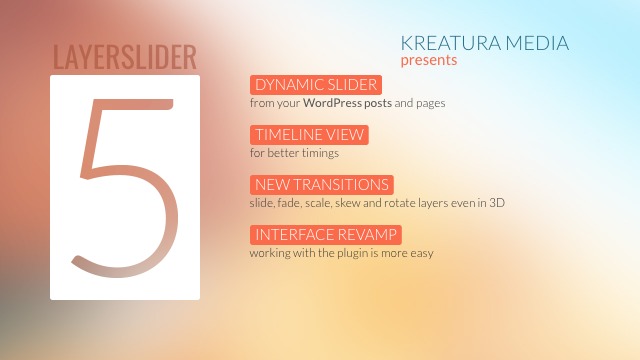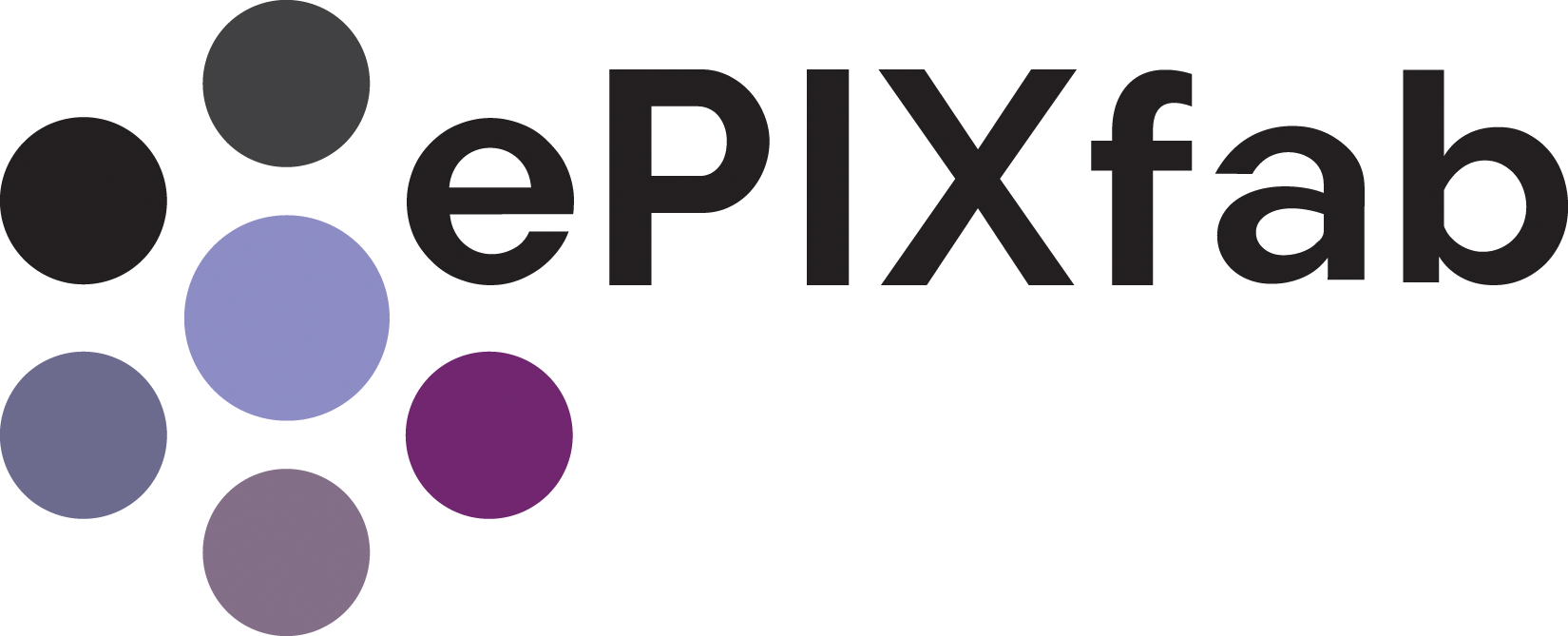


ePIXfab and ECIO 2020
present






DESIGN TOOL TRAINING
LUMERICAL
High-Performance Photonic Simulation Software
PHOTON DESIGN
Discover the Industry Standard for the modeling of PICs
LUCEDA PHOTONICS
Empowering PIC Designers with Design Automation
Open Source Design Tool for PDK Development & GDS Manipulation
NAZCA DESIGN
VPI PHOTONICS
Simulate, Validate, Innovate the World of Photonics!




&
Training, networking
much more!
...to develop
THE BEST SILICON PHOTONICS WORKFORCE
with no compromises!

Please check the program for each training module below
Give a boost to your unique PIC ideas
This training session is organized by ePIXfab through the support of European Conference On Integrated Optics
Training Modules
You can choose one of these modules as all modules are organized in parallel




Practical Details
When
22nd June, 2020 (one day prior to European Conference on Integrated Optics – ECIO 2020 in Paris)
From 1 pm to 5 pm (4-hour long traning session including refreshments break)
Where
C2N, 10 Boulevard Thomas Gobert – 91120 Palaiseau France
Note: Training venue is different from the ECIO conference venue
Fee
Thre is no fee to participate. Registration is mandatory.
Training Modules
You can choose one of these modules as all modules are organized in parallel
Hands-on PIC Design Using NAZCA
Learn to use PIC design with Nazca Design in Python. The training shows you all the concepts to get you started and it provides directions into the more advanted features of circuit integrity validation, GDS manipulation and PDK development. The training also explains the role of Nazca in the PIC development chain and how an open source design tool with community and commercial support provide long term security, flexibility and innovation.
PIC desingers: beginner to expert
PIC layout design, cells and layer, interconnect, building block and PDK creation, GDS introduction and advanced manipulation, connection DRC, circuit level path-tracing and compact models.
The program will be annouced soon.

- Bring a laptop and when possible pre-install Nazca. No license needed!
- Follow the instructions on https://nazca-design.org/installation/
Bright Photonics is a design house for Photonic integrated circuits with services ranging from design support to prototyping and product development. Bright is a supporter of open innovation and open source software to empower engineers to own, control, and optimize their individual workflows while keeping collaboration and foundry access open.
Register for NAZCA Training
Please fill the form to express your interest in joining the NAZA Training at ECIO 2020 in Paris. On filling this form you will get an email confirming your expression of interest and describing the next steps to complete the registration for the training.
[contact-form-7 id=”16680″ title=”Register_NAZCA”]Simulate and Optimize Your Photonic Integrated Circuits using PDKs
Learn about photonic circuit simulations starting from basic components and going up to complex PICs consisting of several passive/active (electro)optic elements. Get acquainted with the software tools by working on various application cases, different technology platforms, and layout-ready process design kits.
The training provides the standard knowledge for all researchers that want to design and simulate any photonic integrated circuit. It covers basics as well as more advanced software functionality making it very useful for new employees or graduate students, as well as experienced engineers in companies. Anyone who is active or interested in photonic integration and who needs a better understanding of designing or simulating PICs is welcome!
Attendees will learn by means of demonstrations and hands-on sessions how to seamlessly integrate and automate different steps of a typical design process. Modeling, optimization and layout extraction of basic building blocks and complex hierarchical circuits will be subject of the training.
Application topics include:
- Passive photonic components: waveguides, ring resonators, AWGs
- Active photonic elements: lasers, amplifiers, tunable optoelectronic components
- Heterogeneous PICs combining active and passive photonics
- Hybrid PICs combining different technologies
- General presentation about modeling of PICs and interface overview
- Introduction to passive circuits
- Hands-on session on passive circuits
- Introduction to active circuits
- Hands-on session on active circuits
- Presentation on actives/passive heterogeneous co-simulation
- Hands-on on complex PICs simulation

Each participant should have access to the computer.
VPIphotonics provides professional photonic design software and services for optical component and sub-system vendors, as well as system and network integrators. VPIphotonics offers flexible software environments supporting requirements in photonic integrated circuits and fiber-based component designs, optical transmission system and network designs, as well as link engineering and network implementation. VPIphotonics off-the-shelf and customized solutions are valued for their powerful and comprehensive simulation capabilities and high degree of flexibility. They are applied in research and development, product design and marketing by hundreds of companies, and for teaching and research at over 160 academic institutions worldwide. www.VPIphotonics.com
Register for VPI Photonics Training
Please fill the form to express your interest in joining the VPI Photonics Training at ECIO 2020 in Paris. On filling this form you will get an email confirming your expression of interest and describing the next steps to complete the registration for the training.
[contact-form-7 id=”16687″ title=”Register_VPIPhotonics”]Photonic Simulation: State of the Art Photonics in Transition – A Hands-On LiDAR Tutorial
Provide hands on training on leading photonic simulation tools at the component and circuit level.
Photonic design engineers with the desire to improve their skills in photonic simulation at the component and circuit level.
This workshop will demonstrate how to design a phased array of grating antennas for LiDAR applications using Lumerical tools. Through hands-on examples, we will cover photonic component simulation with FDTD and MODE, compact model extraction, photonic circuit simulation and statistical analysis with INTERCONNECT.
- Introduction to LiDAR and Photonic simulation
- Photonic component simulation using Lumerical tools – hands-on
- Photonic circuit simulation using Lumerical tools – hands-on

Attendees should bring their laptop. Prior to the session, attendees should visit www.lumiercal.com to download Lumerical simulation software and licenses
Lumerical develops photonic simulation software – tools which enable product designers to understand light, and predict how it behaves within complex structures, circuits, and systems. Since being founded in 2003, Lumerical has grown to license its design tools in over 50 countries and its customers include 13 of the top 15 technology companies in the FORTUNE Global 500 index, and 46 of the top 50 research universities as rated by the Times Higher Education rankings. Lumerical’s substantial impact on the photonic design and simulation community means its tools are among the most widely cited in the scientific press, with references in more than 10,000 scientific publications and patents. Lumerical enables its customers to achieve more with light and establish a leading position in the development of transformative technologies employing photonics.
Register for LUMERICAL Training
Please fill the form to express your interest in joining the LUMERICAL Training at ECIO 2020 in Paris. On filling this form you will get an email confirming your expression of interest and describing the next steps to complete the registration for the training.
[contact-form-7 id=”16684″ title=”Register_lumerical”]Topic will be annouced soon
Research in silicon photonics has made significant advances. The IPKISS integrated design framework is developed with the goal to bridge the gap between your Silicon Photonics idea and the fabricated chip. This hands-on course will teach you step-by-step how to realize Silicon Photonics designs on Imec technology using IPKISS (http://www.lucedaphotonics.com/). This course covers the most important steps in the design process: layout, simulation and verification.
- Master level in engineering sciences or physics
- Background in semiconductors and photonics is recommended.
- Fundamentals
- Mask design through PDK
- Physical simulation and optimization
- Circuit simulation and optimization
During this training, we will dive into the simulation and optimization of photonic components and circuits. Attendees will learn methods needed for the simulation of components used in datacom and sensing such as multi-mode interferometer (MMI), splitters, grating couplers and WDM components like MZI lattice filter. Also, we will introduce the techniques used for optical circuit simulation. Attendees will learn through an example how to couple layout to circuit simulation using the IPKISS design methodology which greatly shortens the design cycle and improves design reliability. Finally, this session will also include techniques for the efficient generation of test masks commonly used for component characterization.

Please prepare a 64-bit system laptop (>2Gb free disk space) with Windows OS or Linux-based OS.
Luceda Photonics helps photonic IC engineers to enjoy the same first-time-right design experience as electronic IC designers.
Luceda Photonics’ software tools and services are rooted in over 50 years of experience in photonic integrated circuit (PIC) design. The team’s expertise in the development of process design kits (PDK) and the design and validation of photonic integrated circuits is used by industrial R&D teams and research institutes worldwide.
The company started as spin-off from imec, the photonics group of Ghent University and Vrije Universiteit Brussel.
Luceda is a leader in the integrated photonics design arena, growing by more than 100%CAGR over the past years. It serves important players worldwide.
For more information, please visit www.lucedaphotonics.com
Register for LUCEDA PHOTONICS Training
Please fill the form to express your interest in joining the LUCEDA PHOTONICS Training at ECIO 2020 in Paris. On filling this form you will get an email confirming your expression of interest and describing the next steps to complete the registration for the training.
[contact-form-7 id=”16686″ title=”Register_LucedaPhotonics”]Photon Design Training
- Provide an outline understanding of the comparative merits of different methods used in photonic simulation: FDTD, EME, FEFD, FETD, BPM, TDTW.
- Hands on experience using Photon Design’s versions of these methods – for the design and simulation of active and passive photonic components and PICs/subsystems.
Anyone wanting to learn how to model active and passive photonic components and PICs/subsystems.
- Talk outlining the comparative merits of different methods used in photonic simulation: FDTD, EME, FEFD, FETD, BPM, TDTW. Choosing a method for your application.
- Intro to different mode solver methods.
- Introduction to PicWave, FIMMWAVE, FIMMPROP, OmniSim.
- Hands on sessions for PicWave, FIMMAVE, FIMMPROP, OmniSim

Attendees should bring their laptop.
Photon Design was started in 1992 in Oxford UK to provide professional quality software to the photonics industry. Since that time it has introduced many innovations to photonics modelling, and now provides World-leading tools for the modelling of active and passive photonics components and circuits. Photon Design products are now in use in 30+ countries, 100s of research labs and contributed to 1000s of leading research publications, helping to develop the next generation of datacom components and innovations in micro and nano-optics. We are also able to provide custom solutions based on our standard products and our experts with decades of simulation experience are available for consulting.
Register for PHOTON DESIGN Training
Please fill the form to express your interest in joining the PHOTON DESIGN Training at ECIO 2020 in Paris. On filling this form you will get an email confirming your expression of interest and describing the next steps to complete the registration for the training.
[contact-form-7 id=”16685″ title=”Register_PhotonDesign”].
.
